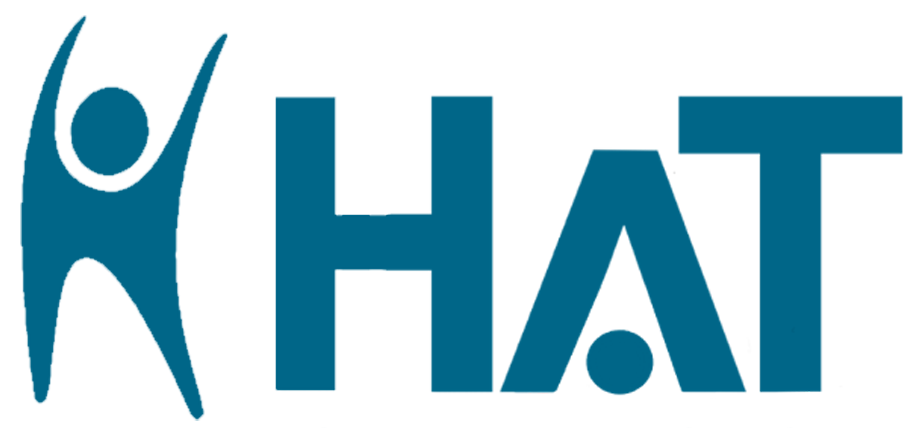National Indigenous Peoples Day
Presenter: Genna Stubbings
National Indigenous Peoples Day takes place on the summer solstice, the longest day of the year. For generations, many First Nations, Inuit, and Métis communities have celebrated their cultures, languages, and traditions at this time of year. The summer solstice holds deep spiritual and cultural significance for many Indigenous Peoples, marking a time of renewal, connection, and celebration.
It is a time for celebrating the rich history, heritage, and contributions of Indigenous peoples across Canada. It's a day to learn about and appreciate the diverse cultures of First Nations, Inuit, and Métis communities, and to reflect on the ongoing journey of reconciliation
Today I am hoping our conversation can be part celebrating Indigenous art and music to discussing the importance of reconciliation and understanding the ongoing impacts of colonization
History
The day was first celebrated in 1996, after it was proclaimed that year by then Governor General of Canada Roméo LeBlanc, to be celebrated annually on 21 June. This date was chosen as the statutory holiday for many reasons, including its cultural significance as the Summer solstice, and the fact that it is a day on which many Indigenous peoples and communities traditionally celebrate their heritage. A proposal to rename the day National Indigenous Peoples Day was made in 2017. The bill to make that change (C-369) was still being debated by parliament when the legislature was dissolved.[3] The federal Crown has begun referring to the day as National Indigenous Peoples Day, regardless.[4]
This day has been celebrated as a statutory territorial holiday in the Northwest Territories since 2001 and in Yukon since 2017. It is not however, currently considered a statutory holiday across the rest of the country.[5]
Reconciliation Efforts – Governments and organizations use the day to highlight reconciliation initiatives and Indigenous rights advocacy.
Environmental & Land Rights Movements – Indigenous communities emphasize their role in environmental conservation and land stewardship. Are they doing a better, worse, or does it matter, it is their land to do as they wish?
Calls for Justice – Activists use the day to raise awareness about issues like missing and murdered Indigenous women and girls.
Questions for the group to generate the conversation
What is indigenous culture?
How can we better recognize and honor the diverse identities and cultures of Indigenous peoples?
What does land acknowledgment mean, and why is it important? Has this lost its impact?
What are some ways Indigenous communities have preserved their languages and traditions despite historical challenges?
Please join the Zoom Meeting here: https://us06web.zoom.us/j/971381033

